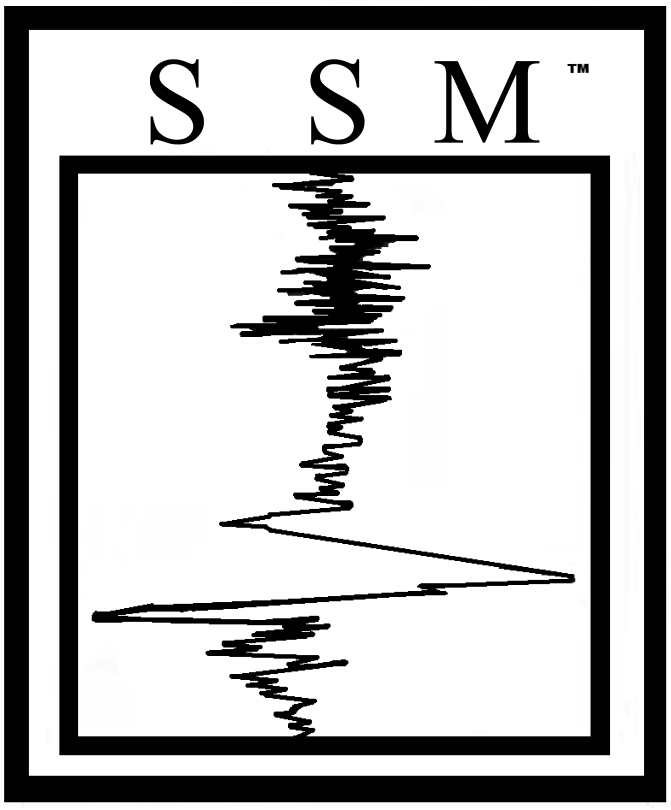Registration currently closed
Course in Pediatric Sleep Medicine
Recorded Live Online | August 18–21, 2021
Details for access to videos available upon registration.
Target Audience
Physicians, dentists, surgeons, physician assistants, nurses, nurse practitioners, school nurses, orthodontists, sleep technologists, technicians, polysomnographic technologists, sleep health educators, dental hygienists, dental assistants, physical therapists, speech and language therapists, myofunctional therapists, respiratory therapists, EEG technologists, psychologists, all clinicians, and any health care professional interested in the management of sleep disorders, including technical aspects of polysomnography and interpretation of studies.
This course is designed to focus on the developmental aspects of normal sleep and sleep disorders in infants, children, and adolescents. Methodological considerations for the laboratory evaluation and diagnostic and treatment issues for this patient population are reviewed.
See course schedule
Objectives
At the conclusion of the course the participant should be able to discuss or identify:
normal developmental aspects of sleep in infants, children, and adolescents
the most frequently encountered sleep disorders in infants, children and adolescents
evaluation, diagnosis, and treatment of sleep disorders in infants, children and adolescents
the interface between sleep disorders and emotional and behavioral disorders
Workshop topics covered in lecture format
Review of equipment
Review of polysomnograms (infants and children; normal findings; abnormal findings, artifacts)
Sleep stage scoring
Case presentations
Treatments
Lecture Topics
Normal development of sleep in infants and children
Parasomnias: sleep walking, night terrors, headbanging
Intro to pathophysiology of sleep apnea
Sleep apnea in children
Developmental issues
Enuresis and disorders of arousal
Multiple sleep latency test (MSLT)
Sleeplessness
Interface between sleep disorders and behavioral/emotional disturbances
Polysomnography: review of methodology and technology with consideration for this age group
CPAP treatment for infants and children with sleep related breathing problems
Impact of undiagnosed sleep disorders; A call for early detection and prevention.
Accreditation Period has expired for this course. If you require a CME certificate. Please inform us before registering.
The AAFP has reviewed Pediatric Sleep Medicine—Enduring and deemed it acceptable for up to 28.00 Enduring Materials, Self-Study AAFP Prescribed credits. Term of Approval is from 03/14/2023 to 03/14/2024. Physicians should claim only the credit commensurate with the extent of their participation in the activity.
AAFP Prescribed credit is accepted by the American Medical Association as equivalent to AMA PRA Category 1 credit(s)™ toward the AMA Physician’s Recognition Award. When applying for the AMA PRA, Prescribed credit earned must be reported as Prescribed, not as Category 1.
Successful completion of this CME activity, which includes participation in the evaluation component, enables the participant to earn up to 28 MOC points in the American Board of Internal Medicine’s (ABIM) Maintenance of Certification (MOC) program. It is the CME activity provider’s responsibility to submit participant completion information to ACCME for the purpose of granting ABIM MOC credit.
Disclosure: It is the intent of The School of Sleep Medicine, Inc.™ to assure that its CME activities should not be influenced by the special interests of individuals associated with its programs. Having an interest in or affiliation with any corporate organization does not necessarily influence a speaker’s presentation, but the relationship must be made known in advance to the audience in accordance with the standards of the Accreditation Council for Continuing Medical Education. Faculty disclosure statements are provided in the course material.

